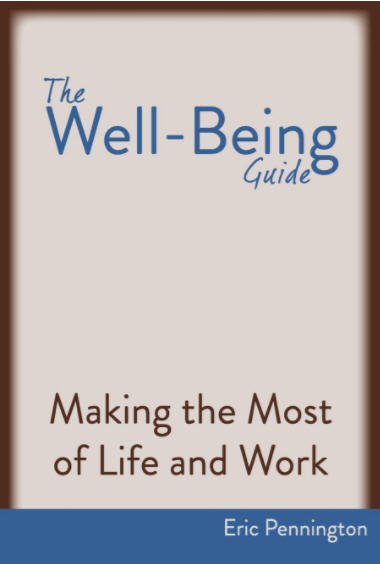
It’s clear we like to know where we’re going. The idea of mystery, question marks and pure unknowns disturbs us.
The statement of “I don’t know” can be liberating.
Many won’t go there. We’ve been duped into believing that we have control, can master anything we set our minds to, or there is a solution for every problem. Terry Walling once wrote that the best leaders know how to live with the questions. As tough as that is to swallow and live, I agree, from my own experience. There’s something about moving forward without an answer. There’s something inspiring about moving forward without knowing (exactly) where you’re going. I’ve had so many twists and turns over the last ten years, I’ve come to a peace about the dance. It is life.
In America and other parts of the world, we’re trying to keep the status quo and be innovative at the same time. It doesn’t work. We want to find talent, but we don’t want to get too close to our gut instincts. We want to give advice on employee wellbeing, but don’t want change the structure. Many organizations turn to data and technology to replace what only a human can do. It’s almost like a throwing up the hands approach. When the robots take over, then I’ll bow down to the alter of data. It’s really just a mask anyway, for those who can’t look into your soul, or their own. Data and technology is mostly a spice or flavoring. The human is the main ingredient. Always has, always will be.
Am I advocating dumping research into the cures for cancer or diabetes? Am I saying data won’t help the talent recruiter make better decisions? In no way do I believe that. However, anything used to make up for our intellectual laziness and discipline will only be a band-aid on a gunshot wound. I think we need more of doing what we know we need to do, instead of analyzing endless data/excuses.
Here’s how to start embracing your “I don’t know:”
- Understand that being in a place where you don’t have an answer is not an indictment of your intelligence. Anyone who condemns you for your I don’t know is an insecure…you know the right words
- Understand we live in the age of titles, certifications, etc., the truth is found in the pursuit and not an outcome with a label
- I don’t know leads to knowing. It’s a sad irony how we miss the boat here. By the way, companies like Google are looking for this in the people they hire
- A full and vibrant life is found in those able to embrace the unknown.
- Surround yourself with people who are on a similar journey. It will keep you strong in a faux world






